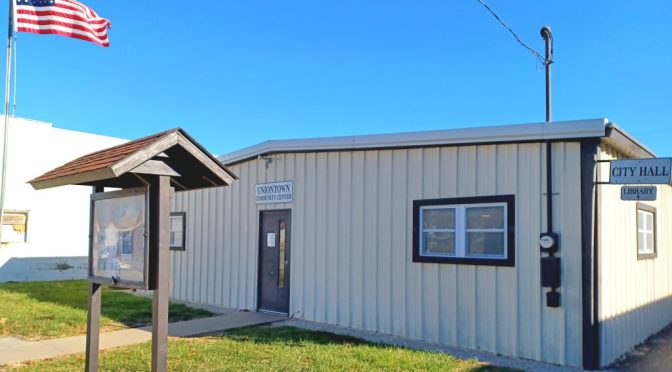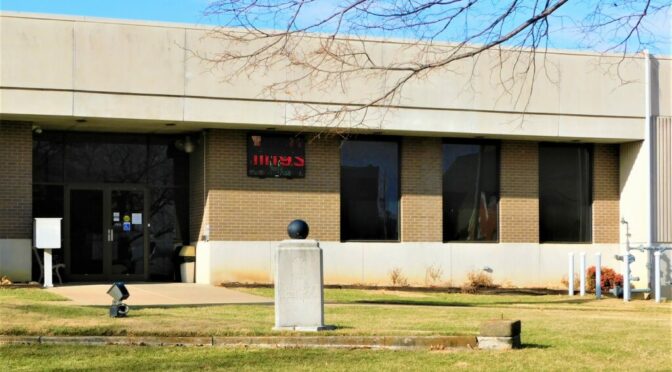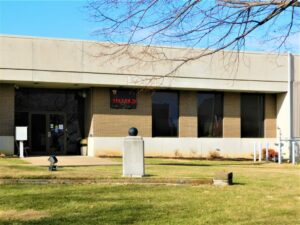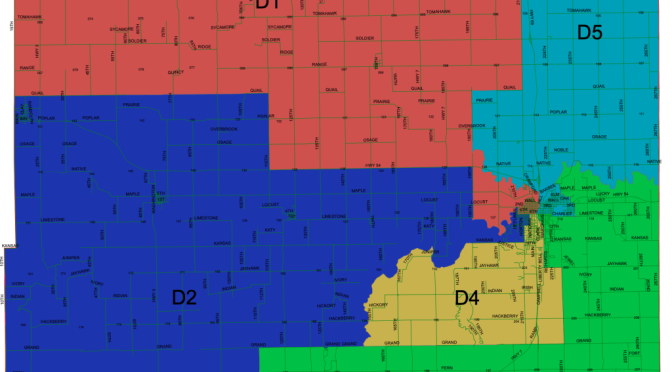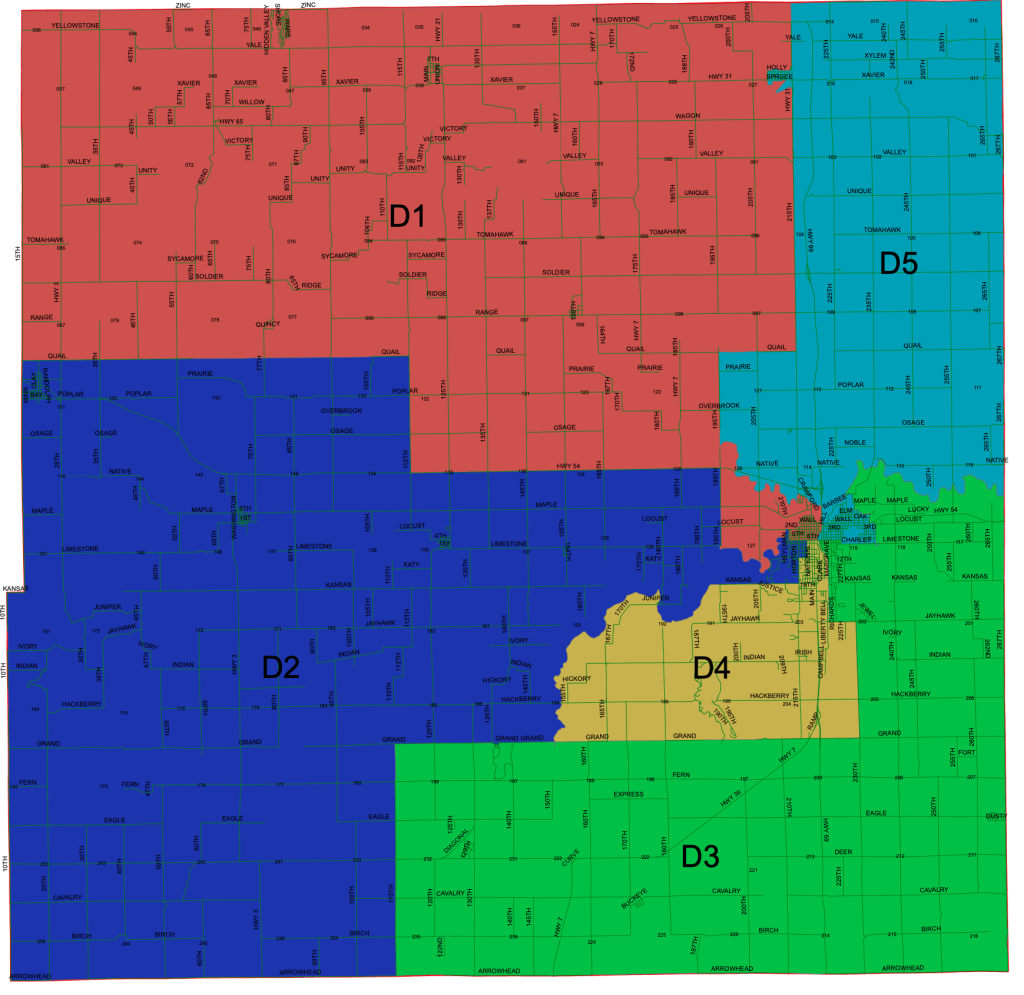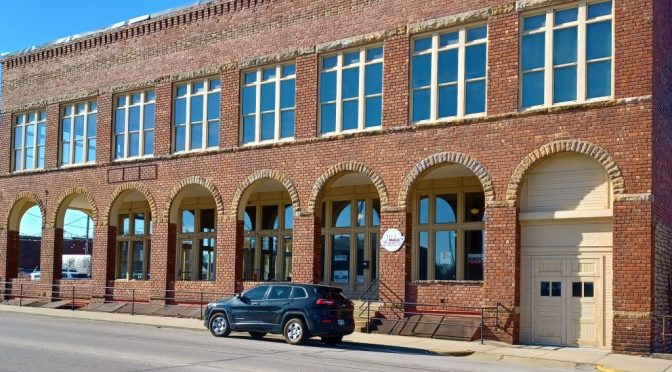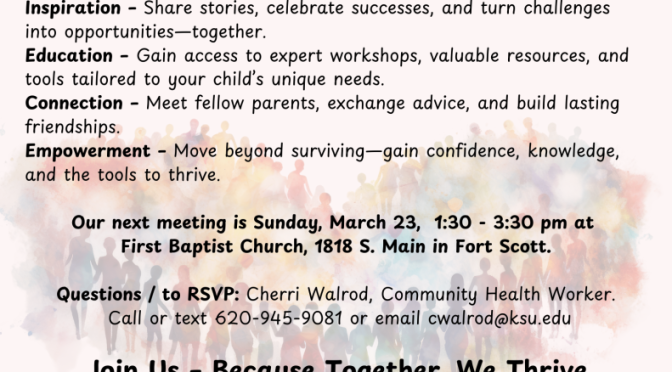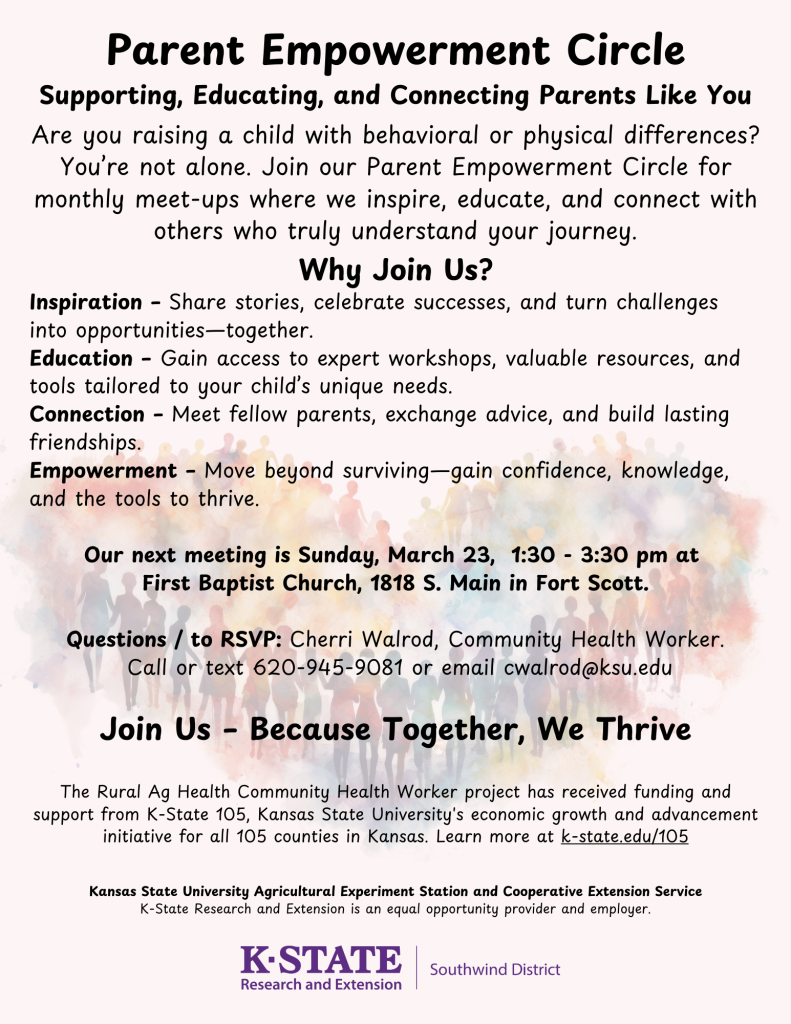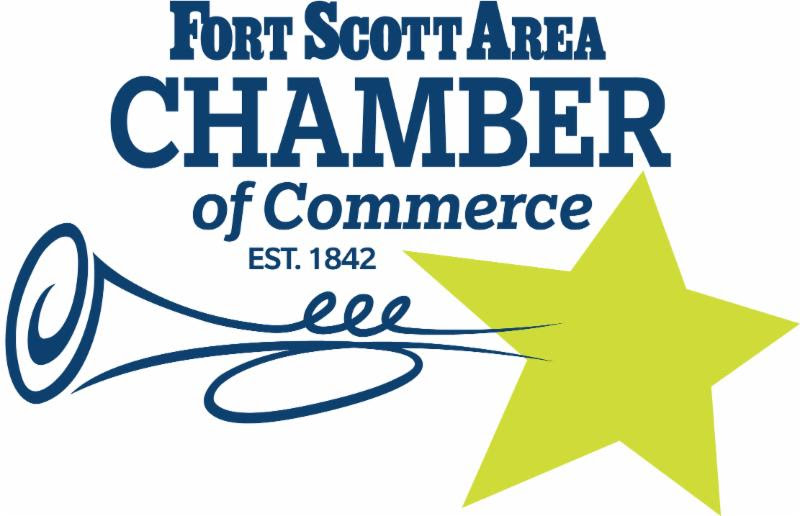The Regular Council Meeting on March 11, 2025 at Uniontown Community Center was called to order at 7:00PM by Mayor Jurgensen. Council members present were Jess Ervin, Amber Kelly, Mary Pemberton, Savannah Pritchett, and Bradley Stewart. Also in attendance for all or part of the meeting were Joe George, the PSU Nursing Students Anthony Arulzu, Shannon Kalgreen, Mia Perez, Cora Simpson, City Treasurer Sally Johnson, City Superintendent Bobby Rich, and City Clerk Danea Esslinger.
SPECIAL CONSIDERATIONS/PROJECTS
Public Restroom toilets, Taylor Plumbing–not in attendance, Mitchell Trenching submitted a bid for replacing lines from main through building.
Motion by Kelly, Second by Pritchett, Approved 5-0 to accept Mitchell Trenching bid of $900.
SEED Grant bid opening–one bid was received by Terry Nading for all SEED projects total material and labor $14,440.
Terry Nading provided 2 sizes for the bullet proof glass window: 58 ¾” x 29 7/8” for $1,600 or 36” x 29 7/8” for $800 and labor $1,260.
Motion by Ervin, Second by Kelly, Approved 5-0 to accept Terry Nading bid proposal for all but the window at this time.
FEMA Flooding bid opening–2 bids were received for all 4 components by Marbery Concrete, Inc. and Roger and Sons Concrete. No decision made on theses bids at this time as Council is waiting until after the FEMA meeting on 3/18/25.
2 Sidewalk bid opening-2 concrete bids were received. Marbery Concrete, Inc. and Roger and Sons Concrete. No decision made on the 2 concrete bids at this time as Council is waiting on response from business owner.
CITIZENS REQUESTS
None
FINANCIAL REPORT
Treasurer Johnson presented the February 2025 financial reports. Beginning Checking Account Balance for all funds for February was $306,769.02, Receipts $37,051.18, Transfers Out $3,024.00, Expenditures $59,968.41, Checking Account Closing Balance $280,827.79. Bank Statement Balance $289,529.93, including Checking Account Interest of $58.11, Outstanding Deposits $0, Outstanding Checks $8,702.14, Reconciled Balance $280,827.79. Water Utilities Certificates of Deposit $38,042.59, Sewer Utilities Certificate of Deposit $2,2822.26, Gas Utilities Certificates of Deposit $44,871.48, Total All Funds, including Certificates of Deposit $386,564.12. Year-to-Date Interest in Checking Acct is $119.73, and Utility CDs $581.65 for a Total Year-to-Date Interest of $701.38. Transfers from Sewer Utility Fund to Sewer Revolving Loan $1,402.00; from Water Utility Fund to GO Water Bond & Interest $1,622.00 for Total Transfers of $3,024.00. Net Loss for the month of February $25,941.23, Year-to-Date Net Income $16,964.05. Appropriations to date for February 2025 are $50,641.45
APPROVE CONSENT AGENDA
Motion by Ervin, Second byKelly, Approved 5-0, to approve Consent Agenda:
- Minutes of February 11, 2024 Regular Council Meeting.
- Treasurer’s Reports & Monthly Transaction Report for February 2025 and the Accounts Payables
DEPARTMENT REPORTS
Superintendent: Bobby Rich
Tractor-tractor repair completed, Brad Stewart delivered and picked up tractor with his trailer and fuel, please compensate him for
wear and tear on equipment and fuel costs for $500
Motion by Kelly, Second by Pritchett, Approved 4-0-1 (Stewart abstain) to approve payment.
Mosquito Workshop-superintendent requested workshop attendance.
Motion by Kelly, Second by Stewart, Approved 5-0 to approve Mosquito workshop attendance.
Clerk Report: Danea Esslinger
Jayhawk software & Quickbooks online update-started the Jayhawk software requirements and have not started Quickbooks online.
Telephone/Blue Tooth Ear Headset/Monitor-asked Council for 2 new monitors, new updated telephones, and blue tooth headset
Motion by Kelly, Second by Stewart, Approved 5-0 to approve requested equipment.
Reminders for upcoming events for the City of Uniontown:
Rabies Clinic will be on 3/29/25 @ 1:30pm to 3pm with Dr. Lora Holeman
City Office will be closed on March 19, 20, 21, 27, & 28, 2025
CCMFOA Conference – March 19-21, Manhattan
KACM Conference – March 27-28, Manhattan
Dogs at large-Dog catcher has been unable to catch the dogs at large in the City. Council advise to send 2 citations for repeat offenders, and a certified letter to the other offender.
COUNCIL & COMMITTEE REPORTS
Councilman Ervin –none
Councilman Kelly – none
Councilwoman Pemberton – are we are still needing and accepting book donations? Treasurer Johnson said yes.
Councilwoman Pritchett –letter needed to tenant and landlord regarding trash on front porch and now in back yard
Councilman Stewart– none
Mayor Jurgensen –none
OLD BUSINESS
Warehouse Building Electric update-have electricity installed and have rollup doors programed
Council stated to get a bids for the foam installation for the warehouse building.
Motion by Pritchett, Second by Ervin, Approved 5-0 to get bids for the foam installation of the Warehouse.
Park electric –electrician is waiting for boring to be completed
NEW BUSINESS
Motion by Kelly, Second by Pritchett, Approved 5-0, to enter into executive session pursuant to non-elected personnel exception, KSA 75-4319(b)(1), in order to discuss performance of non-elected personnel, the open meeting to resume at 9:00 PM.
Johnson called in at 8:45, out at 9:00.
Motion by Kelly, Second by Pritchett, Approved 5-0, to enter into executive session pursuant to non-elected personnel exception, KSA 75-4319(b)(1), in order to discuss performance of non-elected personnel, the open meeting to resume at 9:15 PM.
Esslinger called in at 9:03, out at 9:20.
Motion by Kelly, Second by Pritchett, Approved 5-0, to enter into executive session pursuant to non-elected personnel exception, KSA 75-4319(b)(1), in order to discuss performance of non-elected personnel, the open meeting to resume at 9:30 PM.
Open meeting resumed at 9:30. No action from executive session.
City Clerk asked the council if need to send a debtor to collections with CBK, Inc. Council agreed to send.
Council member stated need to change the next month meeting from April 8, 2025 at 7:00 PM to April 9, 2025 at 5:30 PM.
Motion by Kelly, Second by Ervin, Approved 5-0 to move date and time of next month meeting to April 9, 2025 at 5:30 PM.
ADJOURN Time 9:45 Moved by Ervin, 2nd Kelly, Approved 5-0
